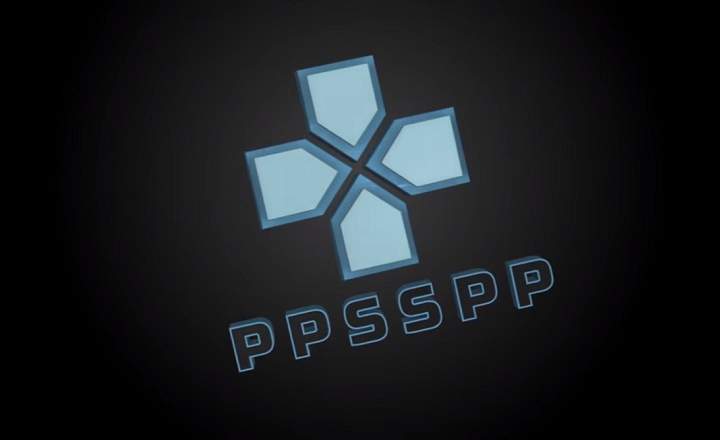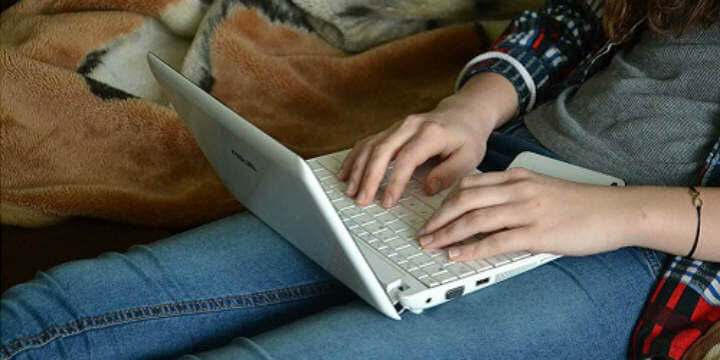
Reverse Image Search on the Internet has been around for years. Thanks to these types of search engines we can know when a photo was uploaded to the Internet for the first time, or discover if someone is benefiting from our art behind our back. Something that we can check using Google Images or web tools like TinEye.
However, if we have been using the Google search engine for a long time we will have realized that every time it works worse when searching and comparing images. Why? Plain and simple, because the seeker self-censors himself. Especially when it comes to finding similarities in images where people appear.
Let's think for a moment: suppose you had an argument with a guy on the street. Imagine now that that stranger takes a photo of you and uploads it to Google Images. If the search engine's facial recognition algorithm worked as it should -something that they have already shown that they can easily do in Google Photos-, this complete stranger could see your photos on social networks, know your name and surname, see your profile on LinkedIn, know where do you work ... and a long etcetera. Any image where your face appears. The perfect recipe to promote bullying and unpleasant situations in general.
To avoid this, what Google does is search for similar images, based on the look or general concept of the photo. For example, if in the photo you are with a dog and playing the guitar, Google will show results of people playing the guitar and with a dog next to it.
How to find your double on the Internet doing a reverse search: reasonable similarities
But there are other search engines that do not have as many considerations in this regard, and they do allow this type of "face search" on the Internet. This is the case of Yandex, the largest search engine in Russia and the fourth in the world. Its image search engine is called CBIR, and what it does is divide an image into segments or “visual phrases”. It then compares millions of images and displays those that contain the most similar “visual phrases”.
With this we can not only find pages where photos appear that we uploaded years ago and that we already had forgotten. It also works spectacularly well for discover people who look a lot like us. Call it clones, doubles, or lost twins. One of these searches in Yandex can leave us with a crooked ass in less than a minute (you can take the test HERE).
So that we can see the difference between the algorithm of Yandex and that of Google, I have taken a photo that I had stored on my PC and I have uploaded it to Google Images.

As you can see, Google has seen that it is a selfie, and as a first result it has shown the definition of selfie in Wikipedia. The similar images that appear a little below are of totally random people who have nothing to do with me.
Now, what will Yandex tell me if I upload that same image in its image search engine? Here things get more interesting. Some people look a lot like me, while others share some of my most distinctive facial features like nose, eyes, mouth, hairstyle, and more. Among the images shown there is even one in which I appear myself.
 The Yandex results ignore the fact that it is a selfie, and will look for the direct resemblance of what is shown in the image. In this case, my face.
The Yandex results ignore the fact that it is a selfie, and will look for the direct resemblance of what is shown in the image. In this case, my face. Here I appear directly among the search results myself. Take it now! 100% accurate.
Here I appear directly among the search results myself. Take it now! 100% accurate.It is still a bit scary to see what can already be achieved with this type of tool. The truth is that it should make us all reflect on the consequences for privacy that uploading photos to the Internet can have, especially when they are photos where other people also appear.
In any case, if we don't give it much importance, we can always have a good time looking for our perfect double on the Internet. Who knows, maybe we have a billionaire twin brother on the other side of the world, and we here wasting our time.
Gradient, the app that looks for your famous twin
Gradient is an app that has gone viral in recent weeks. It is a selfie editor, with the typical tools to retouch the color, apply filters and things like that. However, its star functionality is that tells you what famous you look like, making a transformation in 4 steps, turning your face into your celebrity twin.

 Download QR-Code Gradient: AI Photo Editor Developer: TICKET TO THE MOON, INC. Price: Free
Download QR-Code Gradient: AI Photo Editor Developer: TICKET TO THE MOON, INC. Price: Free Although it is a rather fun utility, it must be clarified that the Gradient application as such is only a photo editor in its free version. If we want to activate the function "What famous do you look like?" We will have to activate the free trial period of the premium version of Gradient.
You have to be very attentive, because after 3 days the paid version is automatically activated, charging us between $ 4.99 per week or $ 19.99 per month. And be careful, because to cancel the subscription it is necessary to notify 24 hours in advance, otherwise, they will also charge us (something quite rogue considering that the trial version only lasts 3 days).
Test to know what famous you look like
If we prefer to stay away from applications like Gradient, we can also try one of the numerous quiz or personality test found on the internet like THIS or THIS other. Everything is a matter of answering a series of questions and they will tell us which actor, singer, celebrity or famous model is most similar to us in the psychological aspect and in the way of being.
 Amazing!
Amazing!PS: Well, it turns out that I have carried out the first test that I just linked to you and it says that I am just like Robert Downey Jr. I don't know if it is very successful, because the truth is I do not think that I look at all like the fabulous and billionaire Mr. Tony Stark , but hey… you try it and if you don't like the result you can always have a good laugh with the results.
You have Telegram installed? Receive the best post of each day on our channel. Or if you prefer, find out everything from our Facebook page.
